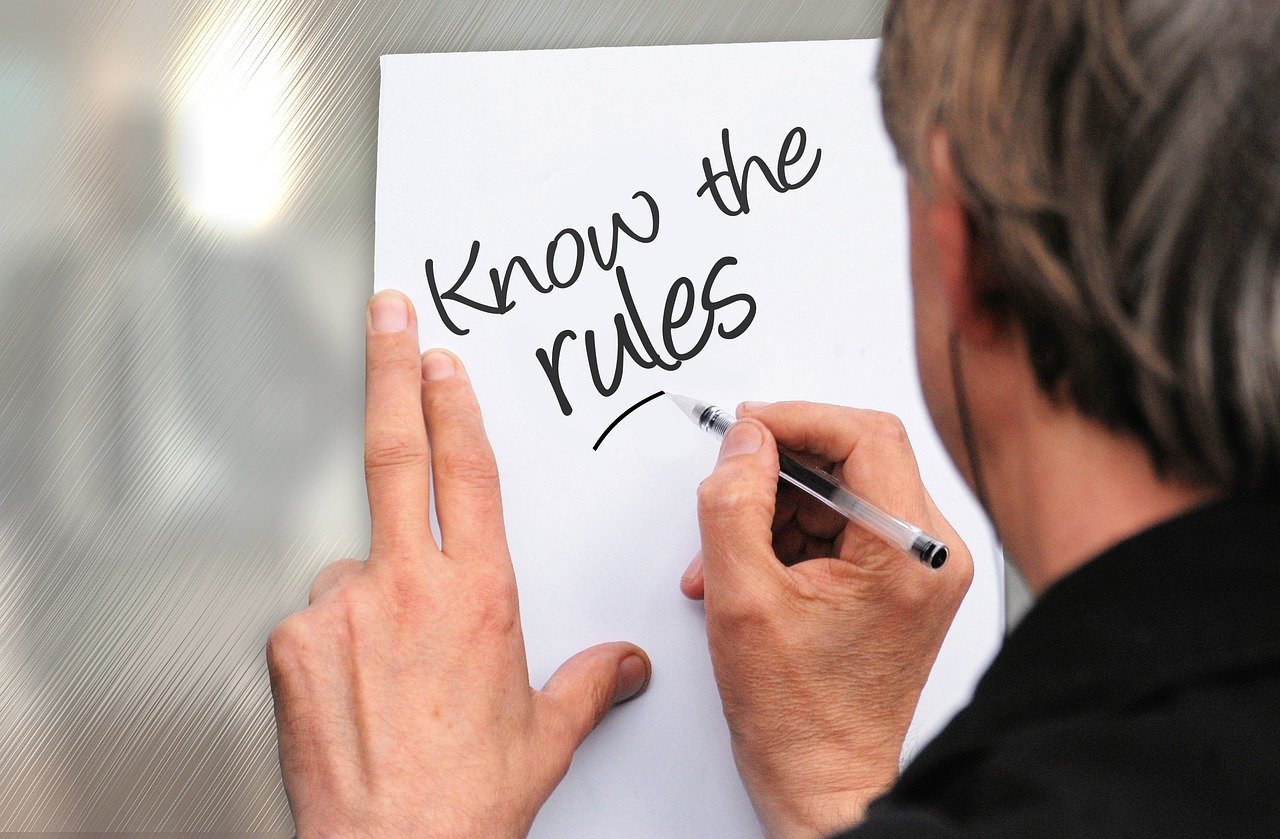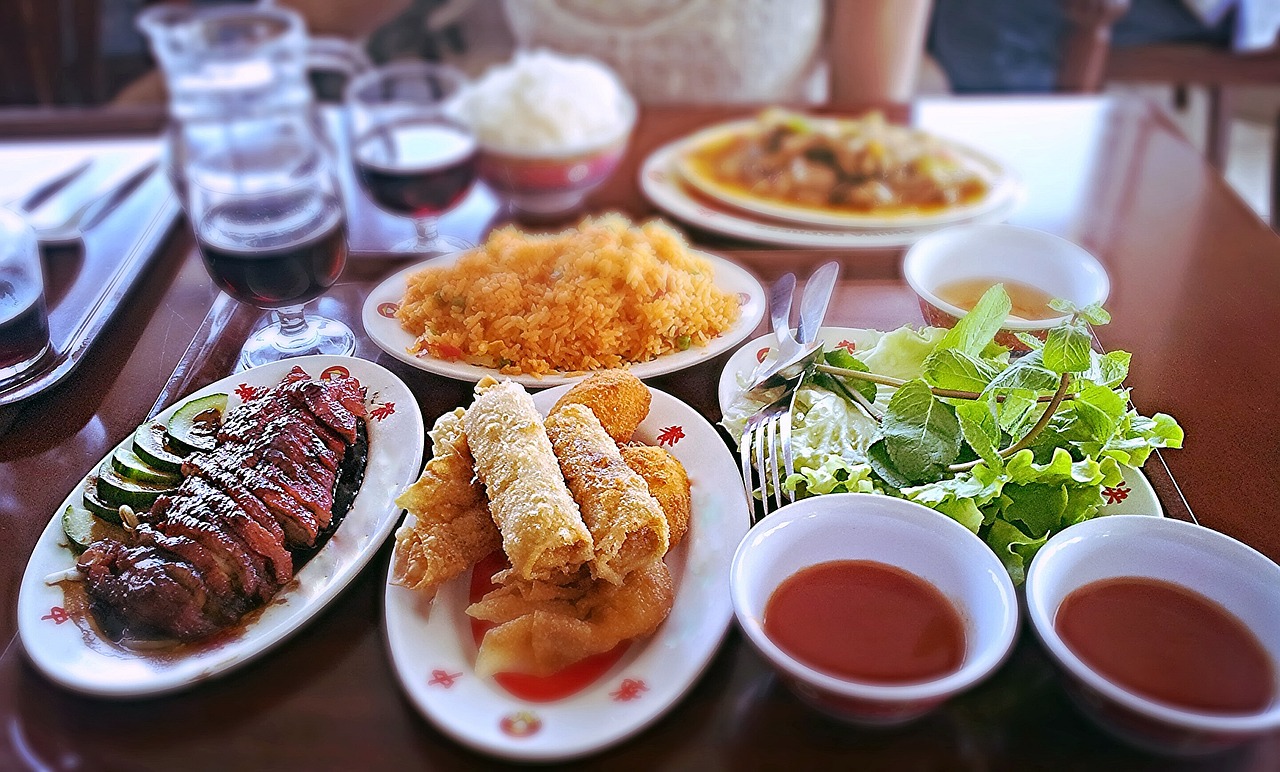Japanese Culture: Rules of Conduct and Etiquette Guide

In Japan, the locals take pride in their rich culture and the associated politeness (rules of conduct). This culture is shaped by a variety of unwritten rules and social manners, which may initially be difficult for foreigners to understand. However, understanding and observing these rules is crucial to avoid misunderstandings and uncomfortable situations. The following outlines some of the most important rules of conduct and social manners in Japan, designed to help you behave appropriately and show respect in society.
In this concise guide, you will gain insight into the sophisticated manners and unwritten rules for which Japan is known. We take a look at the complex and often confusing etiquette rules for travelers, including proper behavior while dining, in public, the nuances of body language, and much more.
Greeting and Politeness
Politeness is of great importance in Japan. When entering a room or a home, it is customary to bow. The depth of the bow varies depending on the situation. When meeting elders or superiors, a deeper bow is appropriate. A friendly “Konnichiwa” (Good afternoon) or “Ohayou gozaimasu” (Good morning) is also a polite gesture.
Taking Off Shoes
In many Japanese homes, traditional accommodations, temples, and sometimes even restaurants, it is customary to remove your shoes before entering the interior. There is often an area at the entrance where you leave your shoes and wear slippers provided in the house.
Respect for Elders
Respect for elders is a central aspect of Japanese culture. You should always be polite to older people and respect their opinions. When offering something, always present it with both hands, especially when it involves older individuals.
Table Manners While Eating

When eating in Japan, there are certain rules to observe. It is customary to say “Itadakimasu” before a meal, which means “Thank you for the food.” During the meal, chopsticks should not be stuck upright in the rice, as this resembles a ritual performed at funerals. When not using the chopsticks, place them parallel on the chopstick rest.
Waste Separation Regulations
The waste separation system in Japan is very strict. There are different categories such as plastic, paper, glass, etc. It is important to separate the trash according to the specified rules and put it out on the designated days.
Quiet and Orderly Behavior – Rules of Conduct
Japan is known for its quietness and order. In public transportation such as trains and subways, it is important to be quiet and avoid loud conversations. Eating and drinking on these modes of transport is also often not allowed.
Punctuality as a Rule of Conduct
Punctuality is highly valued in Japan. It is important to keep appointments and not be late. If you are delayed, you should apologize and explain the reason.
Guidelines: Public Baths and Onsen
When visiting public baths or onsen (hot springs), there are certain rules to follow. Before entering the bath, you must wash thoroughly to ensure the cleanliness of the water. Wearing swimwear is often not allowed.